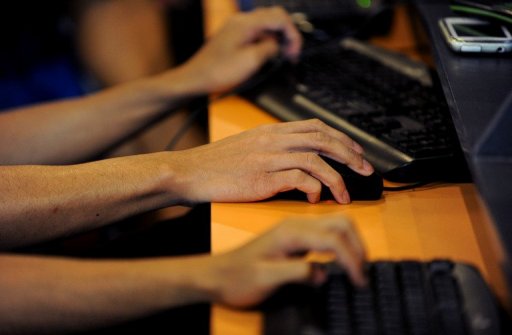Government snooping on personal communications in the United Kingdom has more than doubled under the present government, with the Home Office alone accessing 6,056 communications in 2013.
The security minister when answering questions at the home affairs select committee insisted the powers given under the Regulation of Investigatory Powers Act (RIPA) were used to fight crime, fight terrorism, and to secure borders, reports the Daily Telegraph. However the significant growth to 6,056 communications, which can include phone calls, text messages and emails in 2013 from 2,813 in 2010 masks the diverse range of government departments and agencies that use the law with impunity to spy on private individuals.
RIPA was invoked half a million times last year to allow government agencies to access private communications, a number that has astounded even government ministers. The culture secretary, Sajid Javid ordered an investigation last week into the BBC’s perceived abuse of the “draconian” powers to investigate licence fee payers. The corporation would not reveal how many times it used the powers, but when asked to justify it’s use of counter-terror laws to gather evidence on non-payers of the licence fee, the BBC spokesman merely responded it’s “perfectly legal”, and therefore there was no problem.
The Mail on Sunday recently revealed they too had become victims of the law, after police used RIPA to discover the identity of a judge-protected source for a story involving jailed former minister Chris Huhne. Police investigating the story decided to sidestep the judge, and used RIPA to go through thousands of telephone calls made by the Mail’s news-desk over a whole year to discover who had leaked the story.
Home affairs select committee chairman Keith Vaz MP was critical of the move. He said: “It is deeply disturbing that the police have hacked into offices of a major UK newspaper. They have struck a serious blow against press freedom”. The police in this case were, much like the BBC, unrepentant over their use of the RIPA powers.
The powers given under RIPA even go as far as allowing local authorities the ability to monitor and record people covertly. The House of Lords has recently heard of an extraordinary case where two council officers were sent to spy on a conversation between a journalist and disgruntled employees of Derby City Council at a Starbucks. The covert surveillance ended in shambles when the people talking to journalist recognised their colleagues loitering suspiciously nearby. The journalist involved said: “I thought the law was intended as an anti-terrorism power. Using it to spy on journalists speaking to contacts is not the reason it was brought in”.

COMMENTS
Please let us know if you're having issues with commenting.